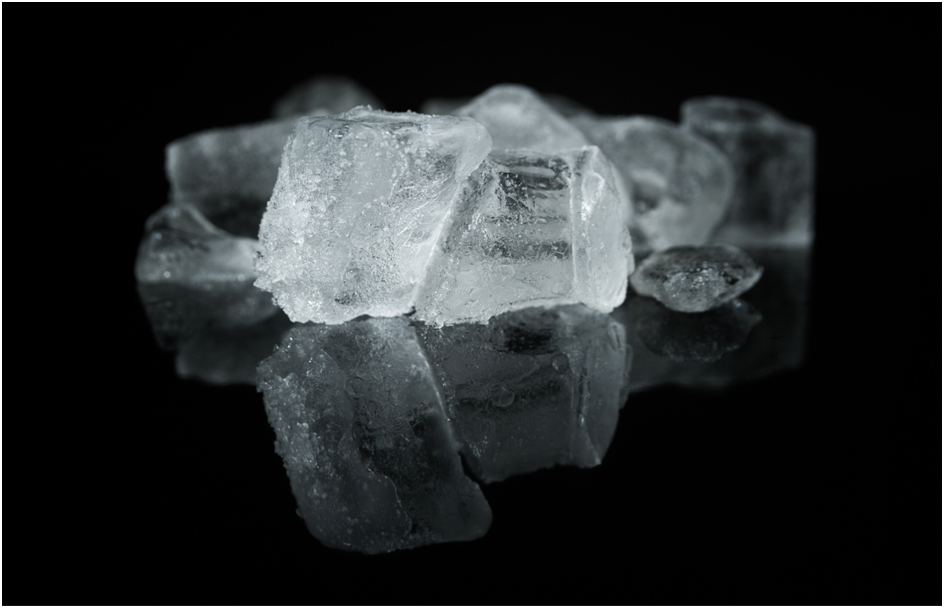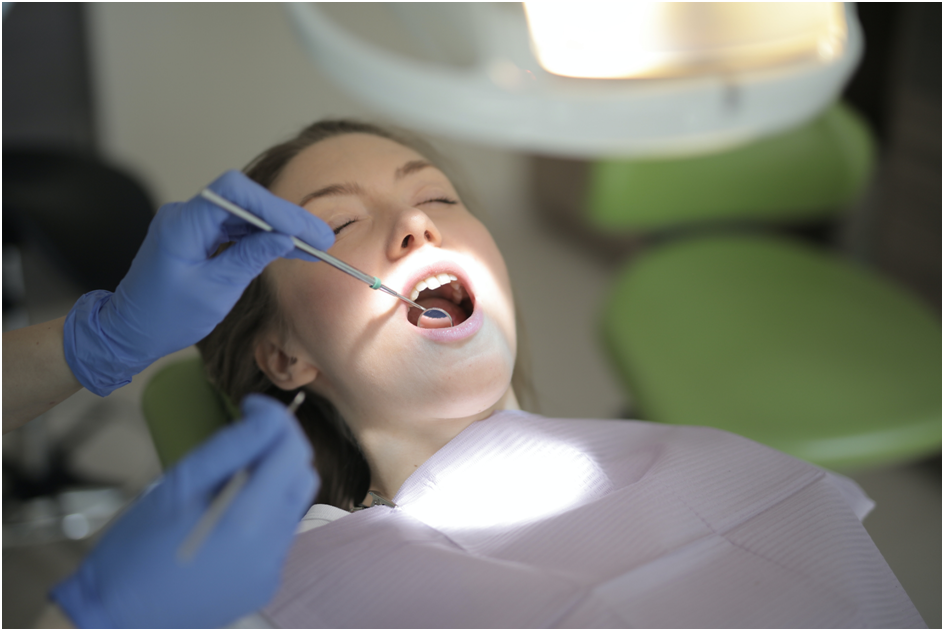Tooth Sensitivity
Tooth sensitivity
occurs when the dentin, the portion of the tooth that protects the nerve, is
exposed, either via loss of the enamel covering or gum recession. Temperature
fluctuations, as well as specific meals (acidic or sweet), might irritate the tooth
or teeth. After a short amount of time, the discomfort typically goes away.
The dentin has a high number of holes or tubes that go from the tooth's surface to the nerve in the centre. Changes in temperature or specific foods might activate these tubes after the dentin is exposed.
What Causes
sensitivity?
● Toothbrush abrasion: Brushing excessively hard or with a
firm-bristled toothbrush can wear down enamel over time, exposing the dentin.
It can also lead to gum recession.
● Dental
erosion: It is the
loss of tooth enamel as a result of acid assaults from acidic foods and
beverages. When the enamel wears away, the dentine beneath it is exposed, which
can cause discomfort.
● Gum disease: it is a condition that affects the
gums. Unfortunately, as people become older, their gums recede, exposing the
previously hidden dentin. Periodontal disease (also known as gum disease) is
more unique to each individual but has the same impact.
● Tooth grinding: Even though tooth enamel is the
toughest material in the body, grinding your teeth may wear it down. This
exposes the dentin, or middle layer of the tooth, which contains the hollow
tubes that connect to your nerves. Request a mouthguard from your dentist to
protect you from squeaking.
● A cracked tooth: A chipped or fractured tooth might
produce discomfort that isn't limited to dental sensitivity. Your dentist will
need to examine your tooth and choose the best treatment option, such as a
crown or extraction.
● Tooth bleaching:
Tooth whitening agents are commonly used in toothpaste formulations, and
some persons are more susceptible to them than others. Consider switching to a
toothpaste that does not include whitening chemicals.
● Acidic foods and soda: Citric acids eat away at enamel as
well, and acidic mouthwashes aggravate sensitive teeth even more. Enamel will
be degraded by the sugary by-products, weakening it and making it susceptible.
Low-sugar pop is better, but it's still rather acidic.
● Mouthwashes: Some mouthwashes should be used for a
long time. If you have exposed dentin, several over-the-counter types of
mouthwash include acids that might exacerbate tooth sensitivity (the middle
layer of the tooth). The acids eat away at the tooth's dentin layer. Ask your
dentist about using a neutral fluoride solution if you experience dentin
sensitivity.
● Plaque buildup: Flossing and brushing are used to eliminate plaque that develops after eating. Tooth enamel wear can be caused by excessive plaque accumulation. Again, when the enamel on your teeth wears away, your teeth may become more sensitive.
What is the
mechanism involved in the formation of sensitive teeth?
Dentin, which is
mainly made up of sensitive nerve endings, makes up the majority of our teeth.
The enamel, a protective coating on the exterior of every tooth, normally blocks
these tubules in the dentin. When we grind, decay, or flat-out fracture our
enamel, we expose our teeth' sensitive interiors, resulting in dentin
hypersensitivity.
More technically,
the hydrodynamic explanation of dentin hypersensitivity asserts that the
continually moving fluid within our tubules is what causes us to scream. Excess
sweetness or sourness pulls the liquid out, air dries it, and touching it
injects more in. The mechanoreceptors in our tubules' nerves are activated by
these liquid shifts—in other words, our normal liquid quantities are screwed
up, yet we still sense pain.
How can we
diagnose tooth sensitivity?
Make an
appointment with your dentist if you are experiencing sensitive teeth for the
first time. They can check the condition of your teeth for cavities, loose
fillings, and receding gums, all of which might be contributing to the
discomfort. This will be done by your dentist during your regular teeth
cleaning. They will clean your teeth and examine them visually. They can check
for sensitivity by touching your teeth with dental equipment, and they can also
order an x-ray of your teeth to rule out cavities.
How can we
prevent tooth sensitivity?
Maintain good
oral hygiene: To completely clean all regions of your teeth and mouth, continue
to use correct brushing and flossing procedures.
● Use a soft-bristled toothbrush: this
will result in less brushing abrasion on the tooth surface and less gum
discomfort. Brush along the gum line softly and carefully to avoid removing any
additional gum tissue.
● Watch what you eat: Too much acid in
your diet can cause dental enamel to disintegrate over time, exposing the
dentin. They can also increase sensitivity and trigger a pain response.
● Use fluoridated dental products:
Using fluoridated mouth rinse daily can help to reduce sensitivity. Inquire
with your dentist about products that may be used at home.
● Avoid teeth grinding: Avoid it by
using a mouth guard at night if you grind or clench your teeth.
How can we
treat tooth sensitivity?
● Desensitizing toothpaste: Treatment options include at-home
desensitizing toothpaste or topical desensitizing chemicals used by dentists.
These desensitizing agents contain compounds that prevent irritants from
stimulating the nerves inside the tooth. The most widely used ingredient is
potassium nitrate. Other effective desensitizing agents are dentin sealers
(resins), sodium citrate, and sodium mono fluoro phosphate.
● Fluoride varnish can be applied to
exposed areas, strengthening the enamel and dentin
● Fluoride foam or gel can be placed
into a mouth tray; you then sit with this in your mouth for 3-5 minutes,
providing the teeth with a high concentration of fluoride to strengthen the
areas
● The same substance that is used to
adhere tooth-coloured restorations to teeth can also be used to seal the dentin
surface and create a barrier to the stimuli that induce sensitivity.
● Gum transplant surgery: A tiny quantity of gum tissue can be removed from your mouth and reattached to the afflicted region if your tooth root has lost gum tissue. Exposed roots will be protected, and sensitivity will be reduced.
- Root canal: If your sensitive teeth are causing you a lot of pain and other treatments aren't working, your dentist may prescribe a root canal, which is a surgery that treats issues with the tooth's soft core (dental pulp). Although this may not appear to be a significant therapy, it is the most effective method for eliminating sensitive teeth.






Comments
Post a Comment